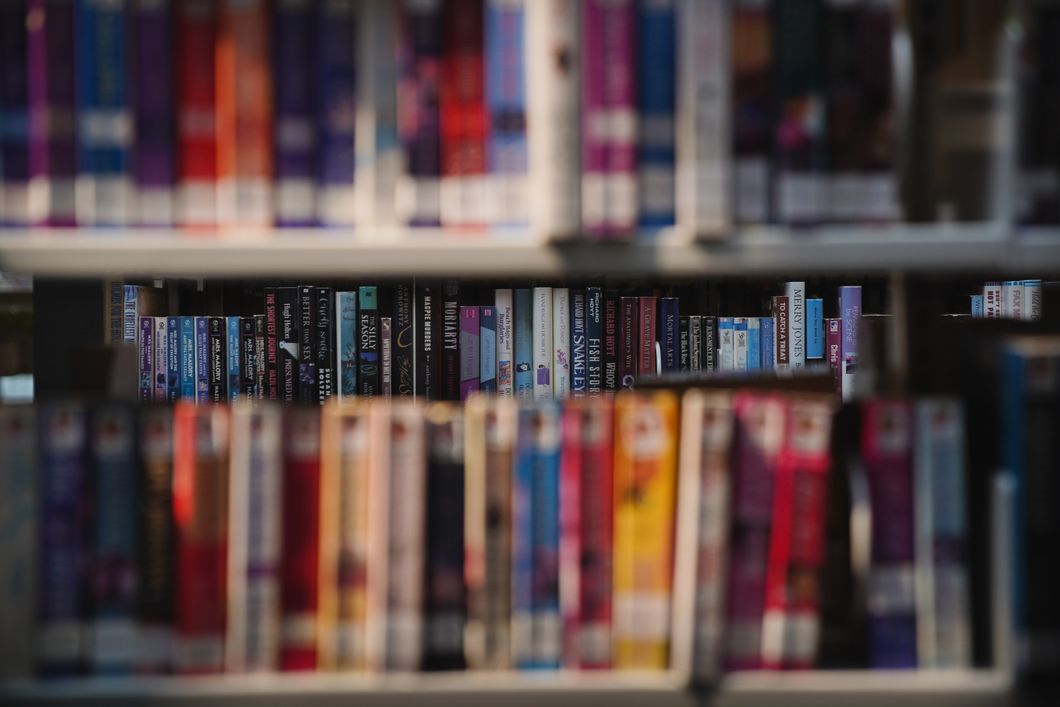As most college students know, required reading lists seem to grow longer each semester, yet we trudge our way through them each term. However, there have been a few over that have been influential in the growth of my understanding of both literature and myself. These texts have impacted my understanding of literature in more than just comprehension but my ability to learn what I enjoy about reading, writing, and literacy. No text is alike and they each bring something different to share from the author's world and the characters they bring to life.
"If you only read the books that everyone else is reading, you can only think what everyone else is thinking." ― Haruki Murakami, Norwegian Wood
"Agnes Grey" by Anne Brontë
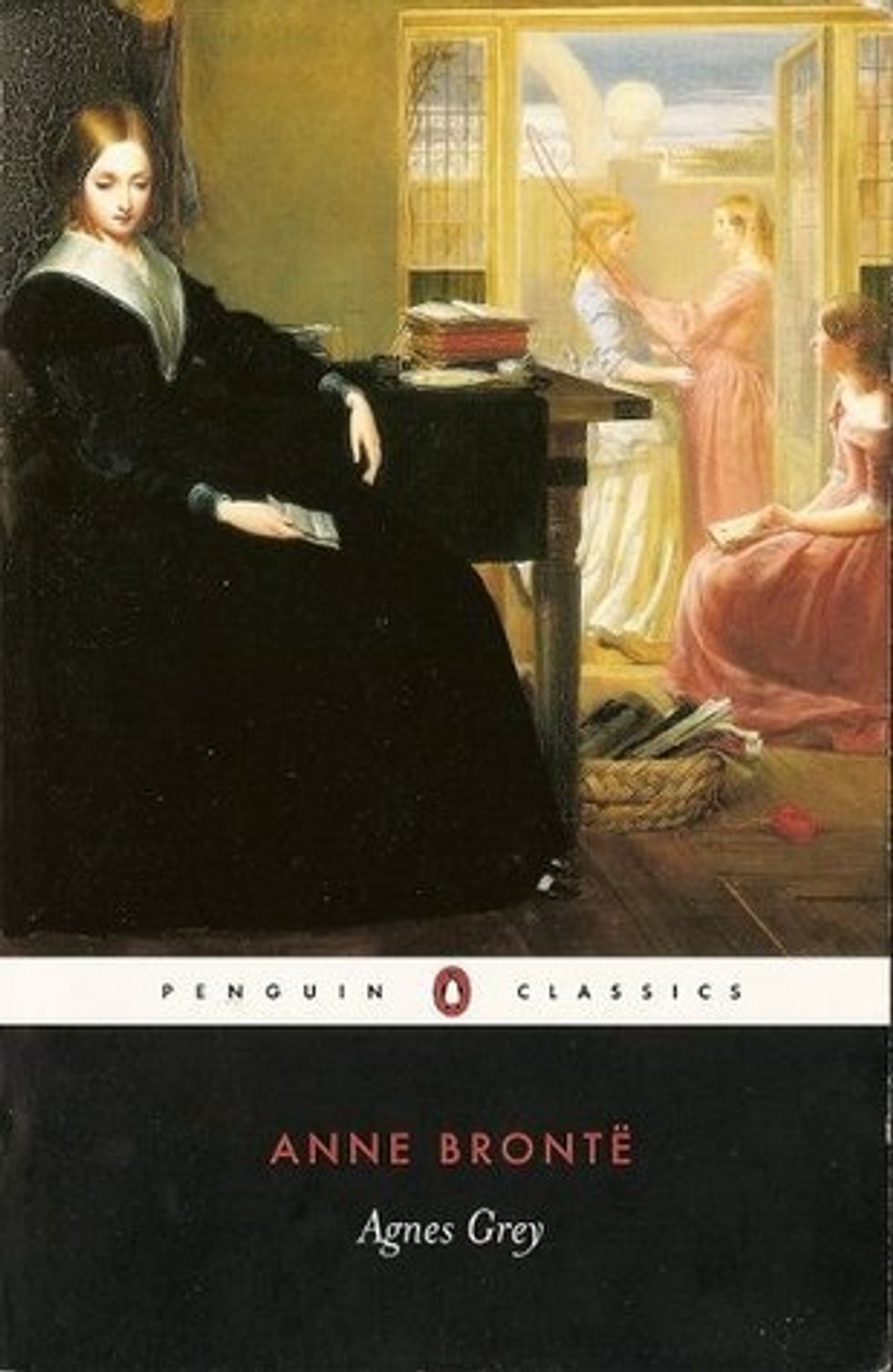
"Agnes Grey" by Anne Brontë
Anne Brontë was the youngest of the three Brontë sisters, but I think that her novels are underrated considering the skill that she wrote with. "Agnes Grey" reads not as if it was written in 1847, but with a more modern tone of writing. While the content explores the issues of women's oppression, empathy, and social isolation Brontë doesn't forget who she is and you can see pieces of herself throughout the novel. It is an inspiring piece to read and gives an understanding of what it means to share what is important to you and leave a piece of yourself in all of your writing.
"The Bell Jar" by Sylvia Plath

"The Bell Jar" by Sylvia Plath
Sylvia Plath is one of my favorite writers, her ability to trap emotion on a page between ink and paper is a skill few writers can or will ever be able to do. This novel is darker and full of exploration in a world that is changed from war. A woman's place is less defined, but still within the four walls of their home. This novel pushes the boundaries of societal expectations of gender, the ability to grow through pain, and dealing with mental illness.
"Dawn" (Xenogenesis Series, #1) by Octavia E. Butler
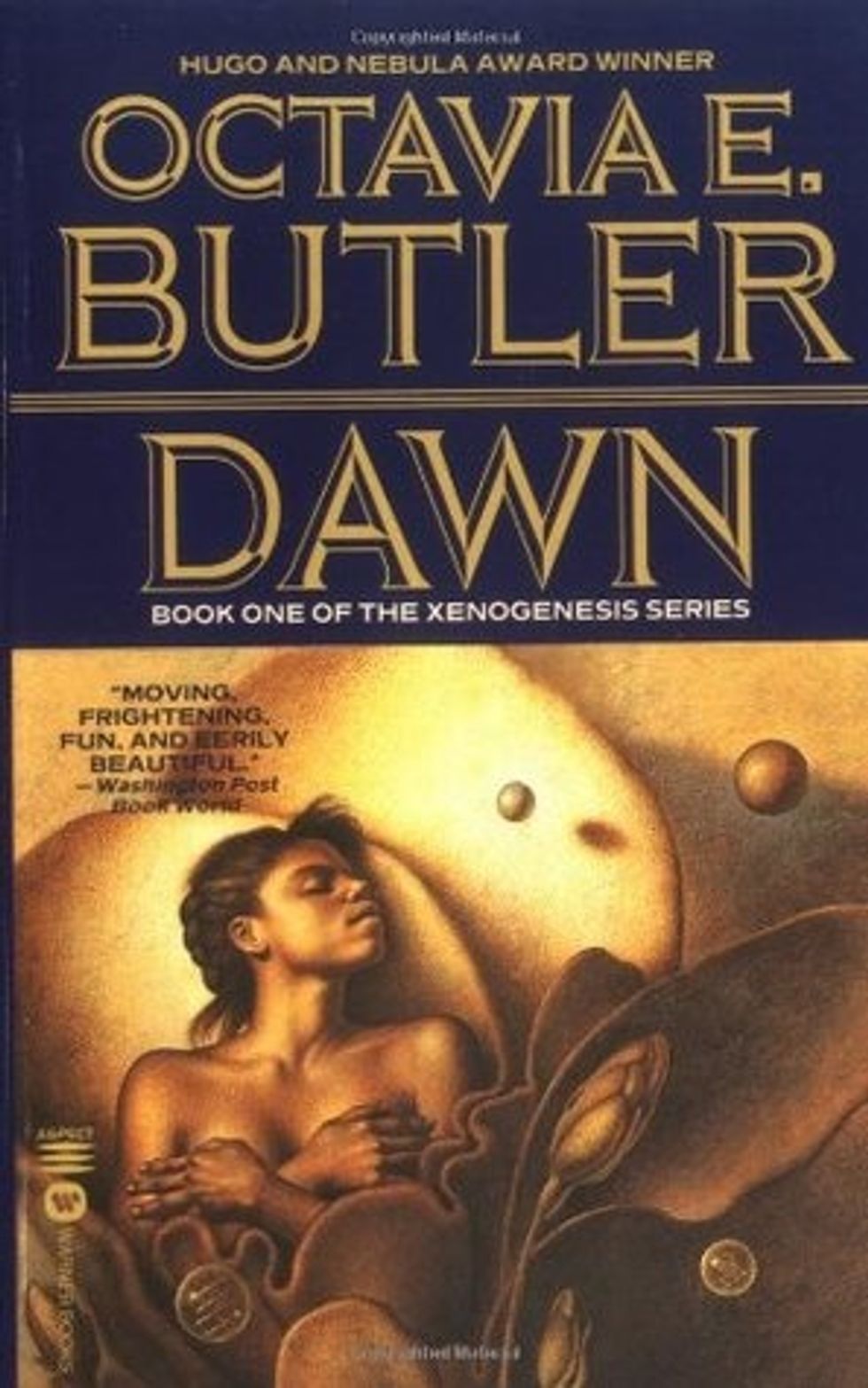
"Dawn" (Xenogenesis Series, #1) by Octavia E. Butler
This is the first book in a series by Octavia Butler that explores life after the world has been destroyed by a nuclear war and what was left of humanity, has been saved by an alien race, the Oankali. This series deals with sexuality, gender, race, and species as humans and Oankali interbreed with humans allowing them a chance to build a new world. However, will their lives be worth it to face their differences? Butler takes a sci-fi approach at dealing with many present-day issues that give a better understanding of the power that literature can hold.
"Maus" (Volume 1 & 2) by Art Spiegelman

"Maus" (Volume 1 & 2) by Art Spiegelman
As a graphic novel, "Maus" provided an understanding of how important graphic novels can be to literature. While there are stories of the Holocaust, this version provides a different perspective on those events and the themes of family, identity, grief, memory, and love. Both the art and writing provide a new outlook on a dark time in history.
"A Vindication of the Rights of Woman" by Mary Wollstonecraft
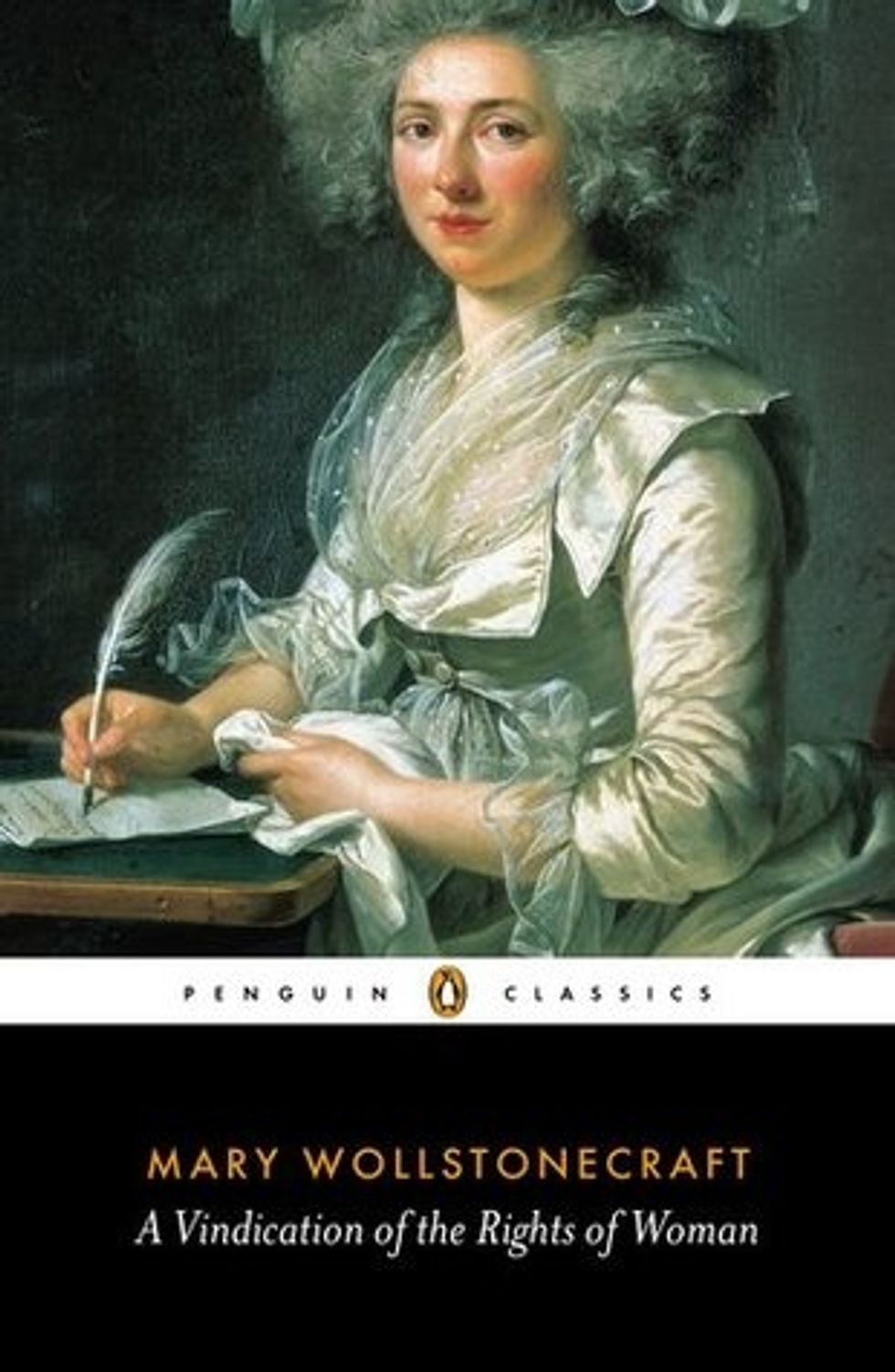
"A Vindication of the Rights of Woman" by Mary Wollstonecraft
While this is not a fictional piece, it is important to note because it is an influential and passionate argument for a woman's right for an education. It carries a dramatic tone as Wollstonecraft voiced her opinions clearly as a woman in this time period and it is important to note that she holds nothing back when she clearly states that men and women are mentally equal and there is no reason that women should not be given an education. As a student myself, I still applaud her for this! Thank you, Mary Wollstonecraft.
"The Handmaid's Tale" by Margaret Atwood
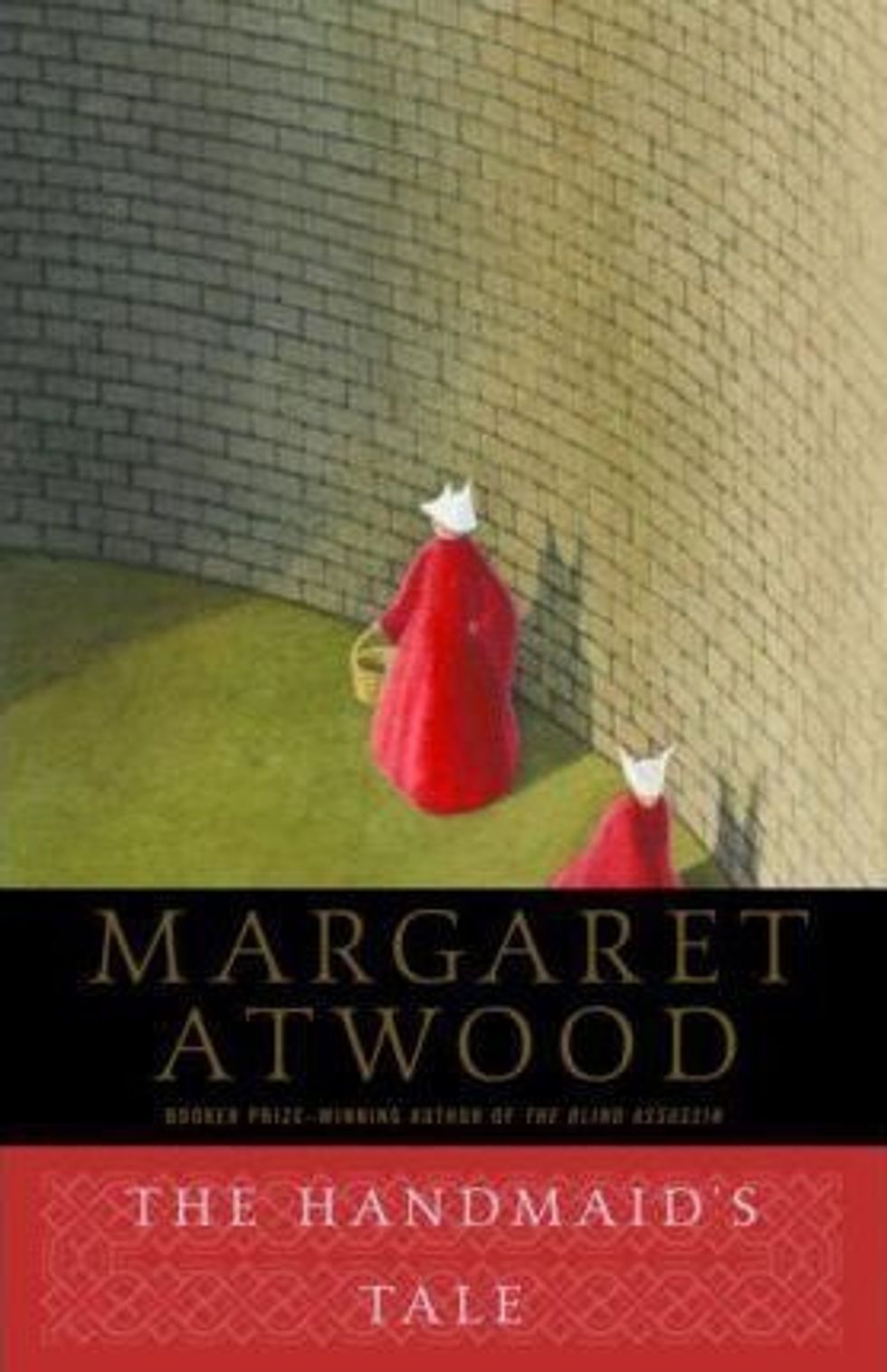
"The Handmaid's Tale" by Margaret Atwood
Now that there has been a TV show made based on this novel more people know of what it is about. However, if you have read the book, you know that there are always discrepancies between the two. So I would always say to go read the book. Atwood has done an amazing job making this story relevant to any day regardless if you are reading it today or 50 years ago. The fears, concerns, and issues that are argued in today's politics are themes that can be found within its pages such as women's bodies, language as power, complacency, confinement, etc.
"Never Let Me Go" by Kazuo Ishiguro
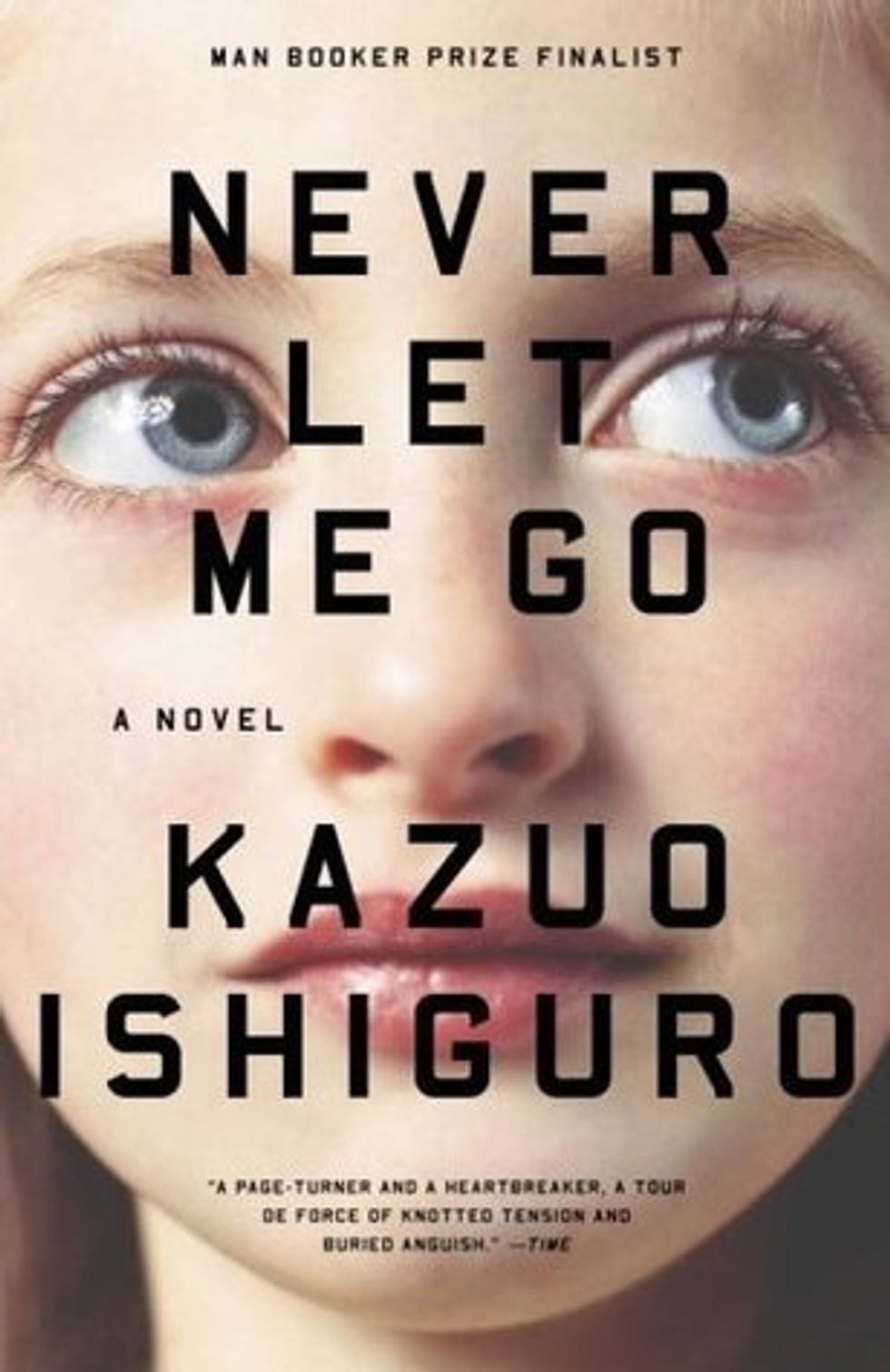
"Never Let Me Go" by Kazuo Ishiguro
Okay, this is one novel I will put a warning on. If you don't like heartbreak and dark endings, I wouldn't suggest this book as a leisure read then.
This story follows a group of children who have been cloned for the sole purpose of "donating" themselves, but they are content with their lives and never try to escape (short story). Kathy, one of the main characters, volunteers to be a carer until she begins to "donate" for others who are going through their phases of "donation" and eventually "complete."
After the novel for an assignment, I found that there were many concepts of the story that paralleled with common day issues such as should we clone? Who or what would these people be then? Themes such as identities, passivity, confinement, god-complex, etc. However, one thing this novel taught me was that I can dislike a novel and learn a lot from it still.
"Fried Green Tomatoes at the Whistle Stop Cafe" by Fannie Flagg
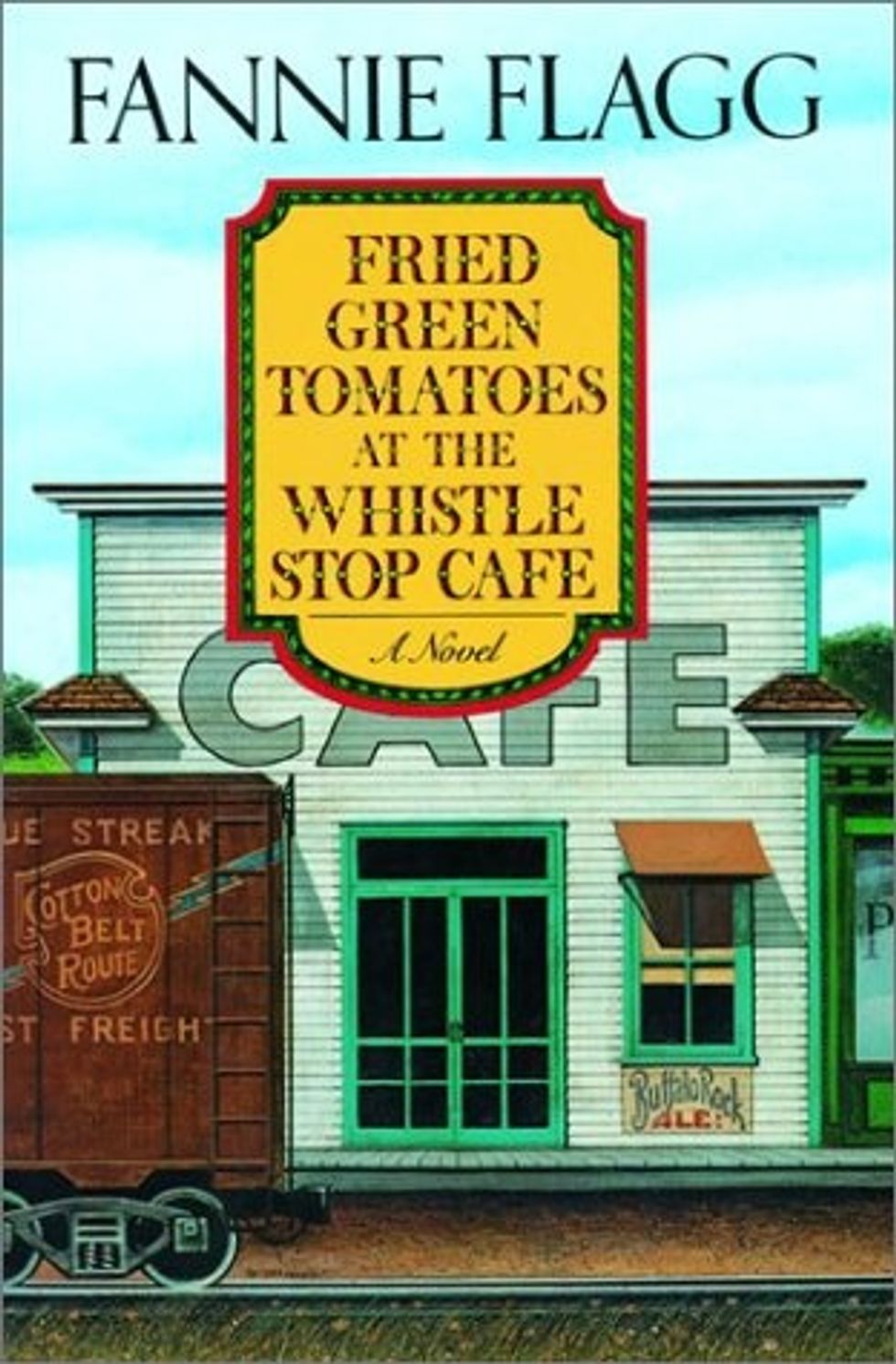
"Fried Green Tomatoes at the Whistle Stop Cafe" by Fannie Flagg
Fannie Flagg takes this small town cafe and creates a whirlwind of characters and life around it that consumes everyone and everything. If you are trying to remember if the name sounds familiar, they made into a movie. Flagg explores sexuality, social expectations of women, race, family, and white supremacy. While the setting is a small town in Alabama the story parallels the past and future. Flag pulls life into one book that allows a closer look into the chaotic world we all live in.
"The Tenant of Wildfell Hall" by Anne Brontë
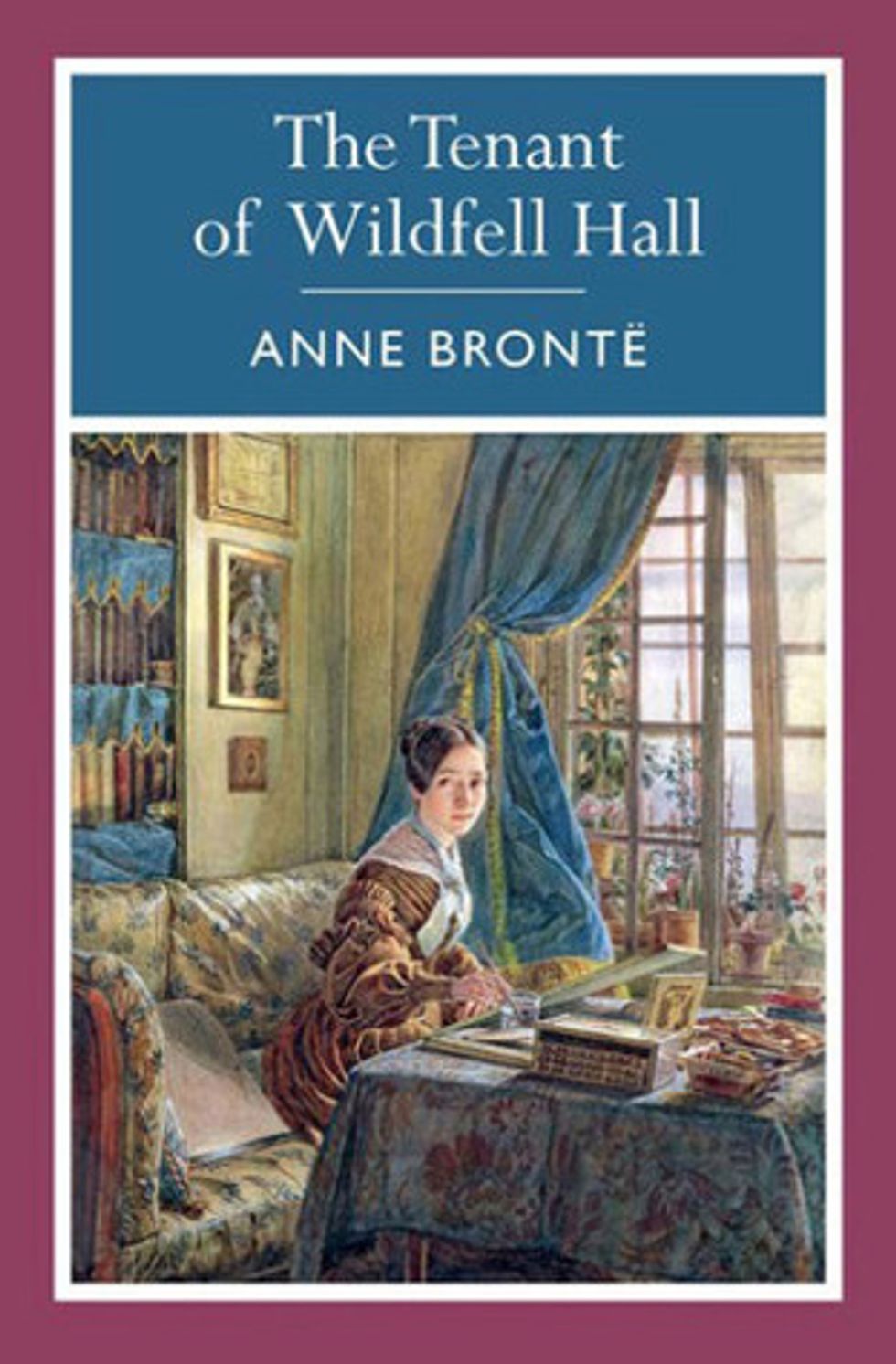
"The Tenant of Wildfell Hall" by Anne Brontë
I really enjoy Anne Brontë's works, I never would have known if it wasn't for them being assigned them in class either. This novel deals with the issues that even today many women deal with. A woman faced with a marriage that is unhealthy, However, if she leaves she will lose everything from the rights to her child to everything she owns. Women are property. They have no rights to their children and divorce is not a realistic or obtainable option. Again Anne Brontë writing allows for understanding from any time period.
"The Lover" by Marguerite Duras
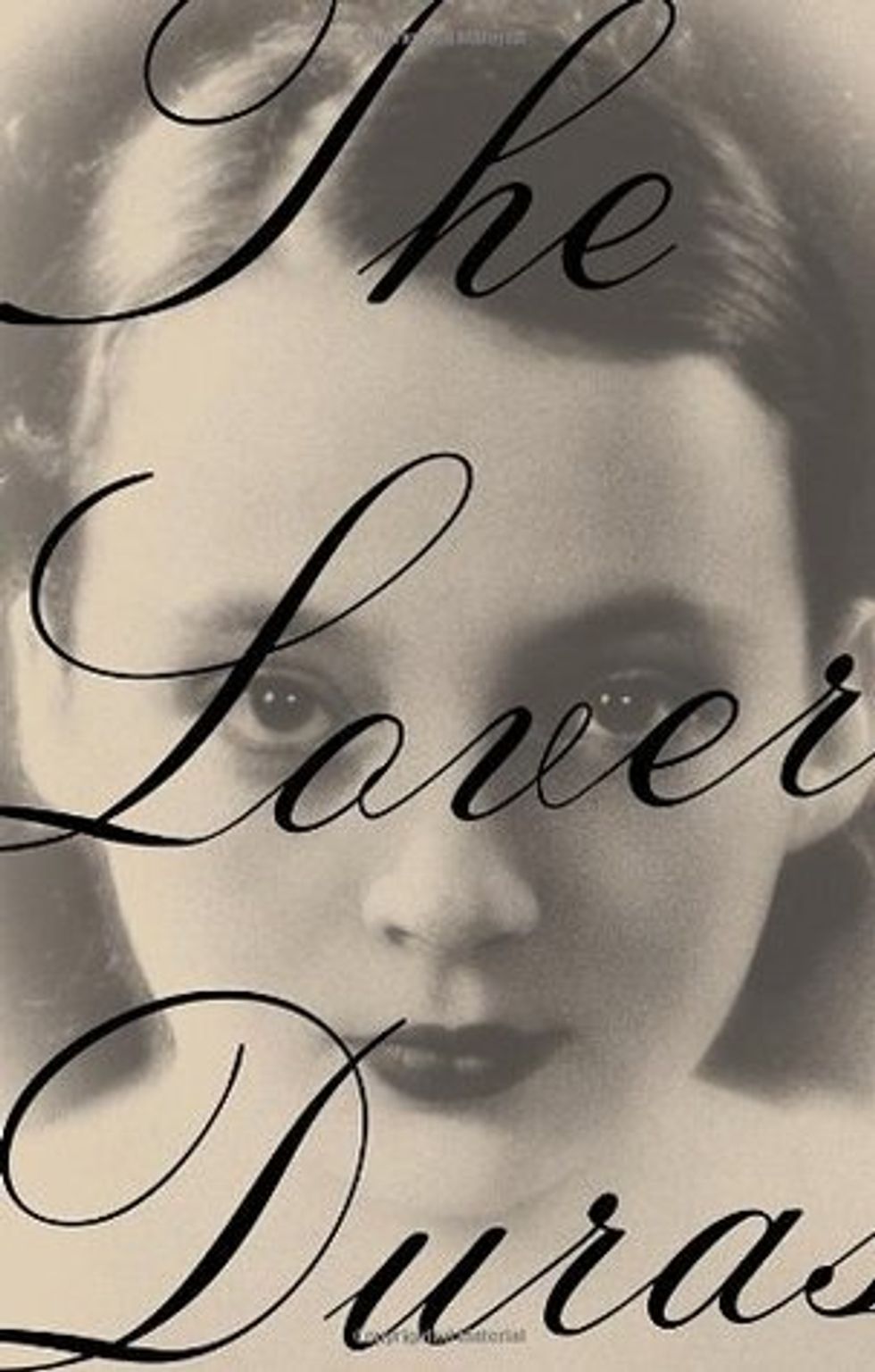
"The Lover" by Marguerite Duras
This text provides a different look on world literature. While it was not my first pick for favorite reads, by the end of the text I felt compassion and connection to the characters through their heartache. This story is actually based on Duras's own life experience, the blending of fictional and realistic moments in her life takes a skilled hand.

